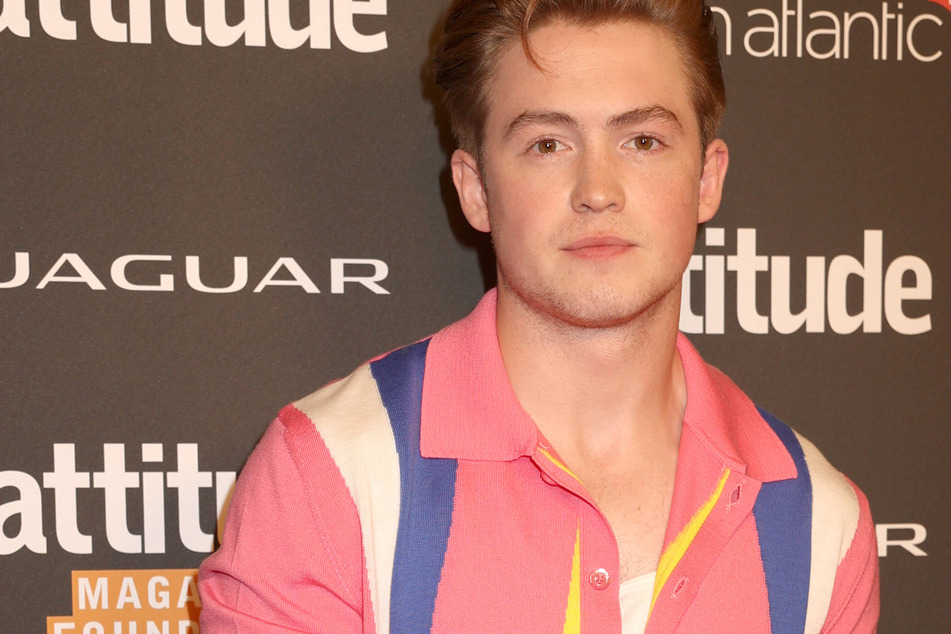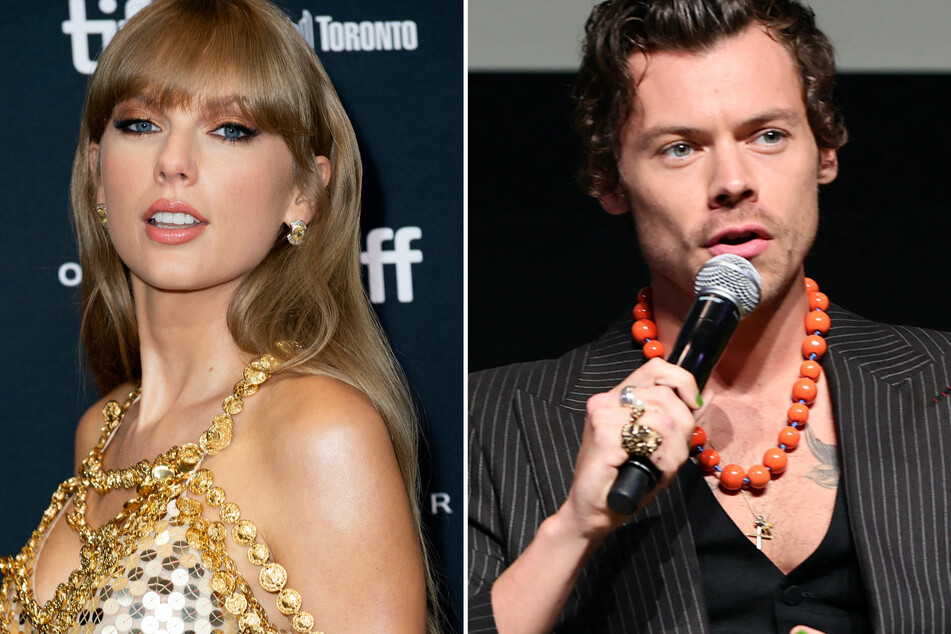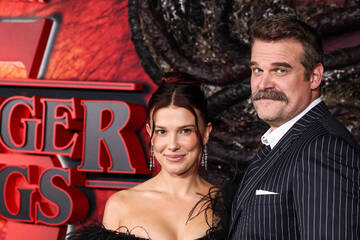Kit Connor's forced outing shows that queerbaiting accusation are being misused
London, UK - Heartstopper star Kit Connor's forced outing on Twitter has highlighted the danger of queerbaiting accusations on social media.

In Heartstopper, Connor portrays Nick Nelson, a popular rugby player who struggles to come to terms with his bisexuality.
The TV show's production team has maintained that they prioritized authentic representation in the casting process, while Connor prefered to keep his sexuality out of the public eye.
"I mean, for me, I feel like I'm perfectly confident and comfortable with my sexuality," Connor said earlier this year, per PinkNews. "I'm not too big on labels and things like that. I'm not massive about that, and I don't feel like I need to label myself, especially publicly."
In September, Connor announced he was deleting Twitter after facing a wave of queerbaiting accusations when he was spotted holding hands with actor Maia Reficco. The 18-year-old returned on Monday to deliver a devastating rebuke to critics who relentlessly pushed him into making a huge decision.
"back for a minute. i'm bi. congrats for forcing an 18 year old to out himself. i think some of you missed the point of the show," he tweeted.
Harry Styles and Taylor Swift have faced similar accusations

This isn't the first time "queerbaiting" has been used as a stick to beat famous people with.
Harry Styles has faced similar backlash, to the point where he felt he needed to address his sexuality in an interview with Better Homes & Gardens, saying: "I've been really open with it with my friends, but that’s my personal experience; it’s mine."
Despite all this, his staunchest detractors still claim Styles is capitalizing on the aesthetics of queerness while avoiding the risks of publicly identifying as a member of the LGBTQ+ community.
Taylor Swift has faced those accusations too, thanks to rampant speculation by fans who believe that the 32-year-old is secretly queer and sending signals about her sexuality through her music.
Unlike Connor and Styles, Swift hasn't stated that she wants to keep her sexuality unlabeled in the public eye, and she has previously identified herself as an ally of the LGBTQ+ community rather than a member of it. Discussing her advocacy for the community in a 2019 Vogue interview, she said: "I didn't realize until recently that I could advocate for a community that I'm not a part of."
Yet, the singer is still being accused of queerbaiting by a subsect of Swifties. This group isn't small either – the hashtag "Gaylor" currently has over 300 million views on TikTok. Though Tay is famous for her meticulously-placed Easter eggs, the joy of the hunt is lost when these Easter eggs become tethered to theories that are a blatant invasion of her personal life.
Finding art that relates to your own life is incredibly empowering, but just because her song resonates with your personal experience doesn't inherently mean Swift must have had the same experience.
And this gets to the heart of the matter: queerbaiting as a term being misused.
Queerbaiting was never intended to be applied to real people

Queerbaiting as a concept was never even intended to be applied to real people. It originates as a marketing tactic applied in the entertainment and fiction spheres that baits LGBTQ+ consumers with the false promise of representation.
The issue with the way it's been used to attack Connor, Styles, and others boils down to the fact that, when thrown at real people, these accusations can only be stopped by the individual publicly revealing their sexuality.
Connor's experience proves that these accusations are something of a trap, especially for younger stars like him who are likely still figuring out their sexuality in the first place.
And it's also worth noting that there shouldn't be a time or age limit placed on such a process. Everyone is entitled to the respect and space to label themselves when, and if, they feel comfortable doing so.
The clear parallels to the storyline of his own character on Heartstopper make the situation entirely more frustrating. Alice Oseman, the author of the Heartstopper graphic novels, replied to Connor's tweet and said, "I truly don't understand how people can watch Heartstopper and then gleefully spend their time speculating about sexualities and judging based on stereotypes."
Connor never got the opportunity to come out on his own time, when he was truly ready, and that's something that is deeply disheartening, especially for someone so young.
While the outpouring of support for Connor is heartwarming to see, it should never have come to this in the first place.
Cover photo: IMAGO / Matrix

